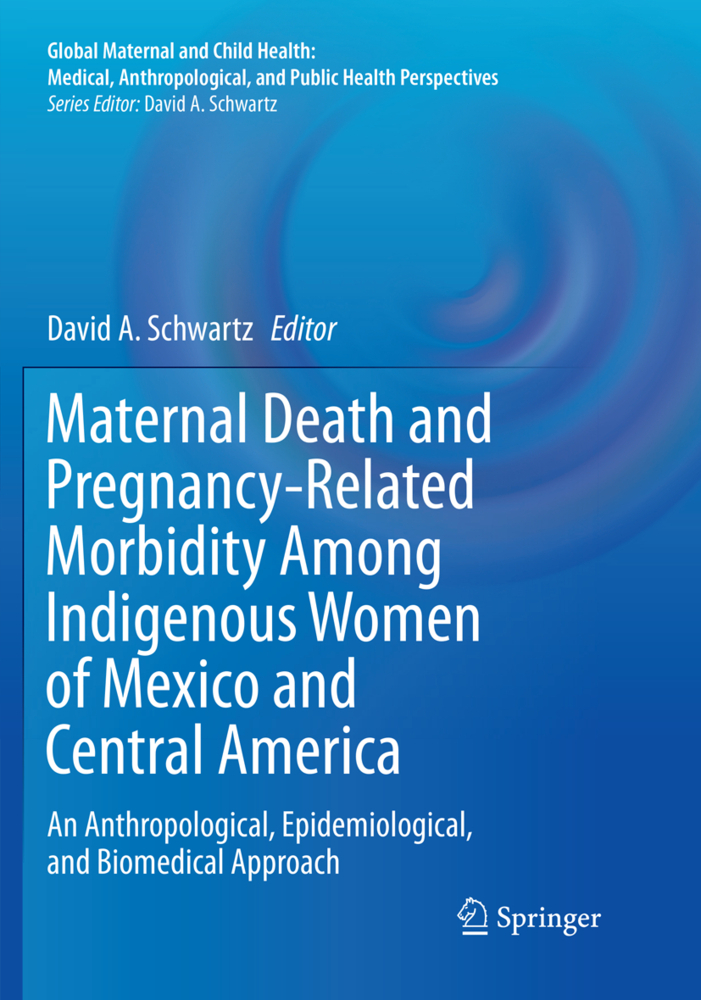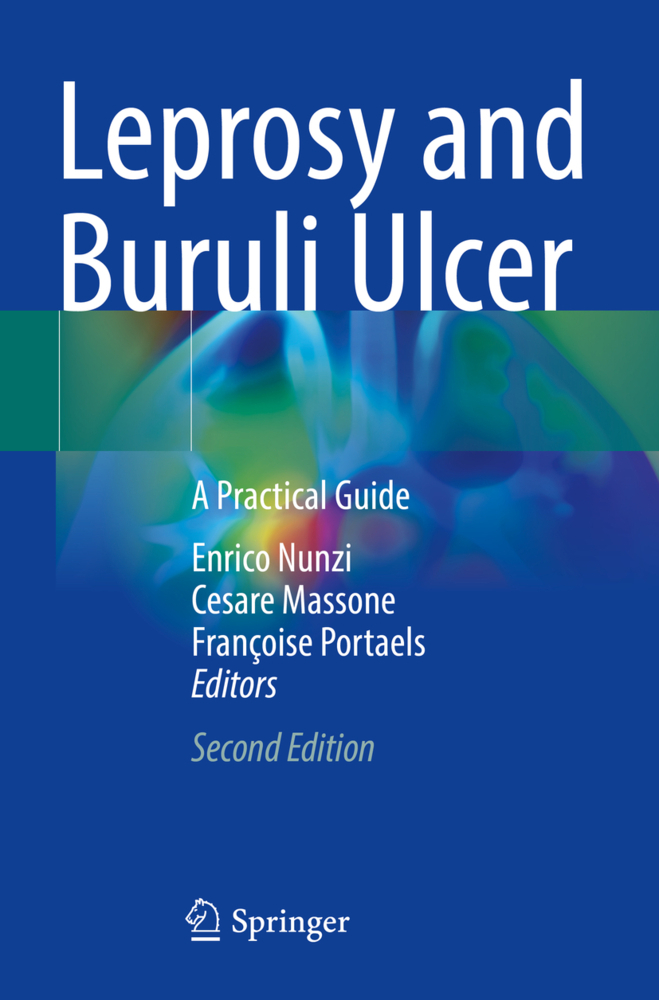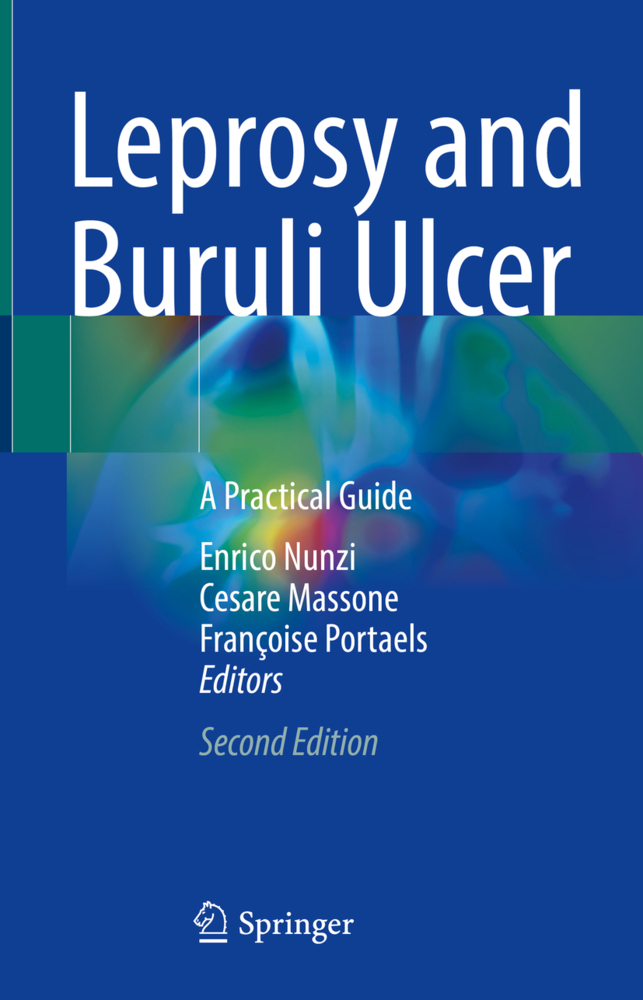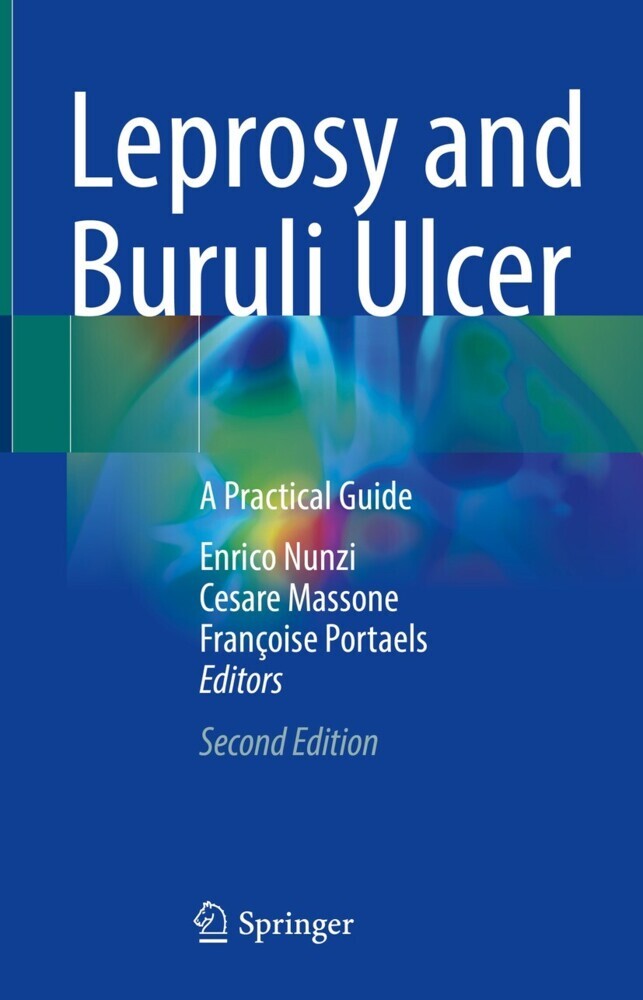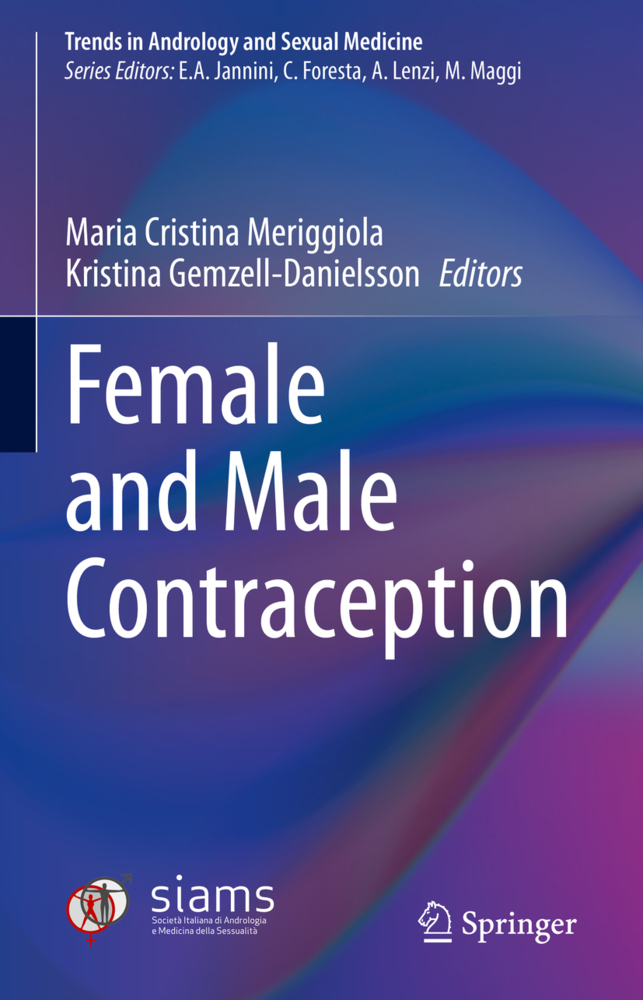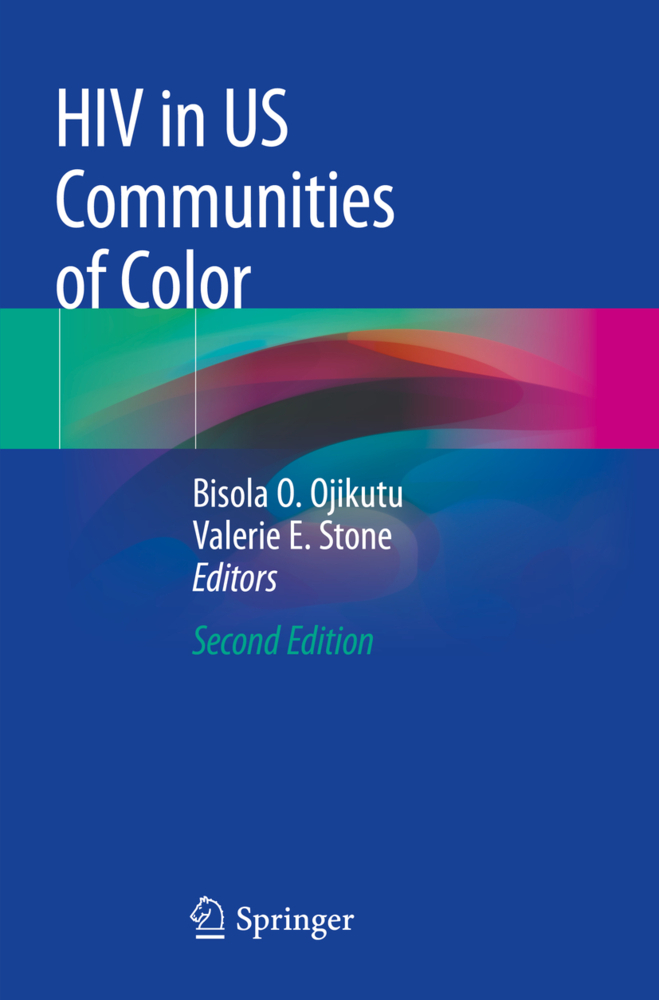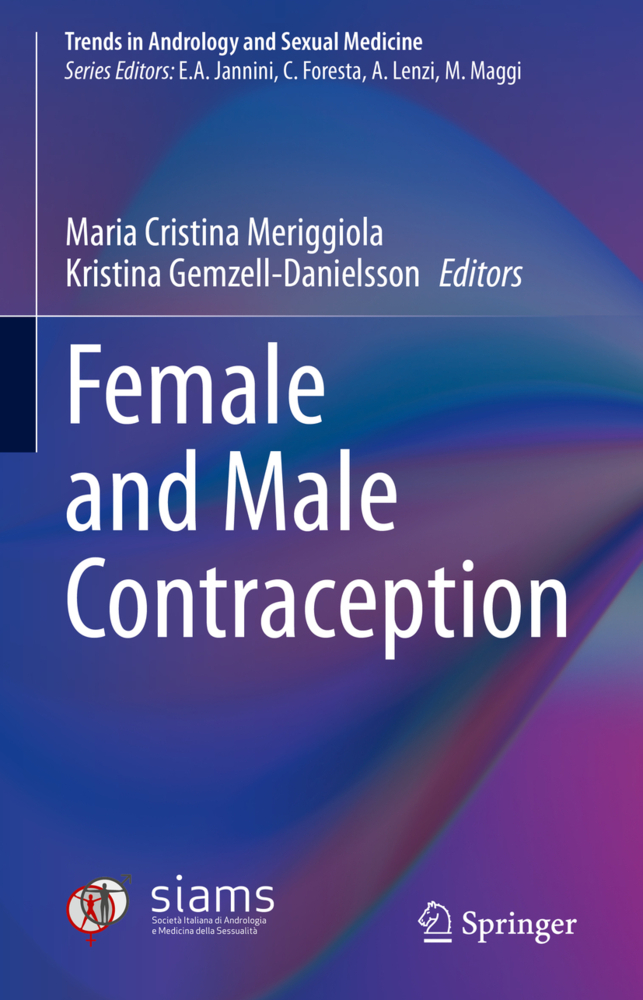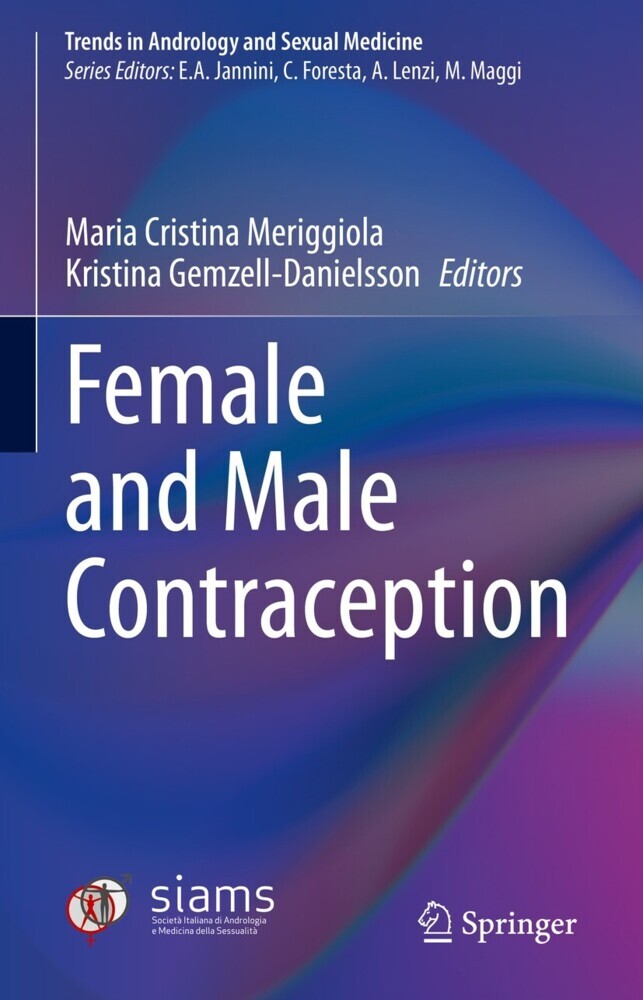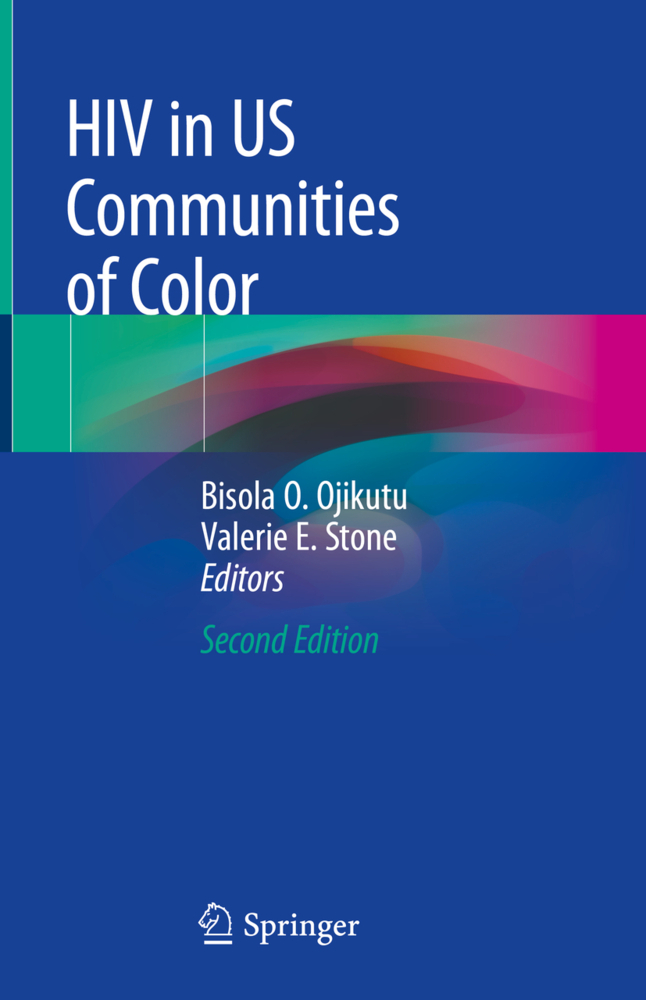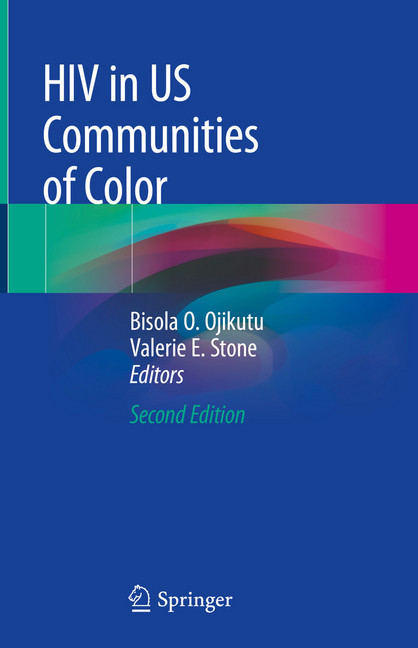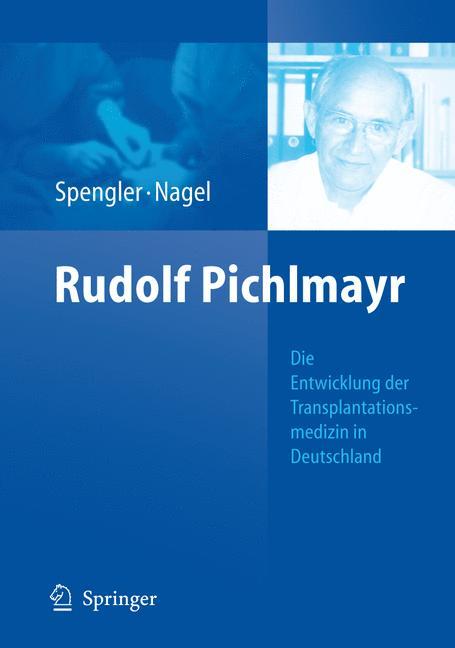Maternal Death and Pregnancy-Related Morbidity Among Indigenous Women of Mexico and Central America
An Anthropological, Epidemiological, and Biomedical Approach
Maternal Death and Pregnancy-Related Morbidity Among Indigenous Women of Mexico and Central America
An Anthropological, Epidemiological, and Biomedical Approach
This ambitious sourcebook surveys both the traditional basis for and the present state of indigenous women's reproductive health in Mexico and Central America. Noted practitioners, specialists, and researchers take an interdisciplinary approach to analyze the multiple barriers for access and care to indigenous women that had been complicated by longstanding gender inequities, poverty, stigmatization, lack of education, war, obstetrical violence, and differences in language and customs, all of which contribute to unnecessary maternal morbidity and mortality. Emphasis is placed on indigenous cultures and folkways-from traditional midwives and birth attendants to indigenous botanical medication and traditional healing and spiritual practices-and how they may effectively coexist with modern biomedical care. Throughout these chapters, the main theme is clear: the rights of indigenous women to culturally respective reproductive health care and a successful pregnancy leading to the birth of healthy children.
Curse of Cure? The phenomenon of Obeah Pregnancy among Belizean Maya.- Managing Mortality: On-the-Ground Practices of Traditional Birth Attendants in Southern Belize.-The Role of Botanicals and Plant-based Diet in Maternal Health and Wellbeing of Indigenous Women in Mesoamerica
Contemporary Issues in the training, practice and Implementation of midwifery for indigenous women in Mexico
Established Models of Midwifery Care and Education for Indigenous Women in Mexico: Luna Maya, CASA, and San Juan Chamula Birth Centers.- Reconquista: Obstetric Violence and the Under-reporting of Labor Complications and Interventions in Yucatan and Quintana Roo
Contextualizing poor maternal health outcomes: local perceptions of maternal mortality in Honduran Miskito communities
Maternal morbidity and mortality in rural South Western Guatemala: Analysis of the problems, strategic successes and failures
What has happened with intercultural approaches in maternal health? The case of the health system response to indigenous populations in Chiapas 1994-2015
Representations and social practices regarding contraception between indigenous populations in the highlands of Chiapas, Mexico. Continuity, discontinuity and recent change
Characteristics of maternal death among Mayan women in the Yucatan, Mexico
Problems with epidemiological surveillance and under-reporting of maternal deaths in Yucatan
Inclusion on traditional midwives in biomedical health care programs in Guatemala and Mexico: Challenges and opportunities
Medicalization through the lens of childbirth on a Guatemalan plantation
Pregnancy, Birth and Babies: Motherhood and Modernization in a Yucatec Village
Social support and social suffering: uterine health among indigenous women in Mexico
Misconceived Mortality: Solitary birth and maternal mortality among the Rarámuri of Northern Mexico
Supply, demand, and unmet need: Women and family planning in Central America
Community-Based participatory research and interventions among the Ngäbe-Buglé of Panama
Clinicians working alongside medicinal doctors and lay midwives in Panama
Structural violence as a cause of maternal mortality and morbidity among indigenous women in Chiapas, Mexico
Changing definitions of 'an obstetric emergency': a tale of two countries.- Guatemala unsafe abortion practices
HIV/AIDS topic in Central America Q'eqchi' Maya pregnancy and birth practices, the loss of female healers and midwives in the Maya community, and the need for revitalizing these healing traditions to provide healthcare to remote indigenous communities in Belize and other parts of Central America
The emerging role of the Comadrona, Traditional birth attendant, as a broker between ancient cultural beliefs and efforts to improve maternal care in the Mayan highlands
Cultural beliefs and acceptability of family planning among indigenous women in the Mayan highlands of Guatemala
Constructions of motherhood: Problematizing development discourses, transnational advocacy and indigeneity in Guatemala
Poverty, local perceptions, and access to services: Understanding obstetric choice in a Maya Kaqchikel community in Guatemala
Maternal health in Guatemala from a Mayan-indigenous perspective
Disparity in access to pregnancy-related care and health outcomes between indigenous and non-indigenous women in Guatemala
Awaiting titles, mortality of indigenous mothers in Mexico
A Quiet Inquisition
Abortion prohibition in Nicaragua and El Salvador.<br>
A sampling of the topics:
- Motherhood and modernization in a Yucatec village
- Maternal morbidity and mortality in Honduran Miskito communities
- Solitary birth and maternal mortality among the Rarámuri of Northern Mexico Maternal morbidity and mortality in the rural Trifino region of Guatemala
- The traditional Ngäbe-Buglé midwives of Panama
- Characterizations of maternal death among Mayan women in Yucatan, Mexico
- Unintended pregnancy, unsafe abortion, and unmet need in Guatemala
Precolumbian Pregnancy - Archaeological & Cultural Foundations for Motherhood & Childbearing in Ancient Mesoamerica
Maternal death in Ancient Mesoamerica - the Archaeological RecordCurse of Cure? The phenomenon of Obeah Pregnancy among Belizean Maya.- Managing Mortality: On-the-Ground Practices of Traditional Birth Attendants in Southern Belize.-The Role of Botanicals and Plant-based Diet in Maternal Health and Wellbeing of Indigenous Women in Mesoamerica
Contemporary Issues in the training, practice and Implementation of midwifery for indigenous women in Mexico
Established Models of Midwifery Care and Education for Indigenous Women in Mexico: Luna Maya, CASA, and San Juan Chamula Birth Centers.- Reconquista: Obstetric Violence and the Under-reporting of Labor Complications and Interventions in Yucatan and Quintana Roo
Contextualizing poor maternal health outcomes: local perceptions of maternal mortality in Honduran Miskito communities
Maternal morbidity and mortality in rural South Western Guatemala: Analysis of the problems, strategic successes and failures
What has happened with intercultural approaches in maternal health? The case of the health system response to indigenous populations in Chiapas 1994-2015
Representations and social practices regarding contraception between indigenous populations in the highlands of Chiapas, Mexico. Continuity, discontinuity and recent change
Characteristics of maternal death among Mayan women in the Yucatan, Mexico
Problems with epidemiological surveillance and under-reporting of maternal deaths in Yucatan
Inclusion on traditional midwives in biomedical health care programs in Guatemala and Mexico: Challenges and opportunities
Medicalization through the lens of childbirth on a Guatemalan plantation
Pregnancy, Birth and Babies: Motherhood and Modernization in a Yucatec Village
Social support and social suffering: uterine health among indigenous women in Mexico
Misconceived Mortality: Solitary birth and maternal mortality among the Rarámuri of Northern Mexico
Supply, demand, and unmet need: Women and family planning in Central America
Community-Based participatory research and interventions among the Ngäbe-Buglé of Panama
Clinicians working alongside medicinal doctors and lay midwives in Panama
Structural violence as a cause of maternal mortality and morbidity among indigenous women in Chiapas, Mexico
Changing definitions of 'an obstetric emergency': a tale of two countries.- Guatemala unsafe abortion practices
HIV/AIDS topic in Central America Q'eqchi' Maya pregnancy and birth practices, the loss of female healers and midwives in the Maya community, and the need for revitalizing these healing traditions to provide healthcare to remote indigenous communities in Belize and other parts of Central America
The emerging role of the Comadrona, Traditional birth attendant, as a broker between ancient cultural beliefs and efforts to improve maternal care in the Mayan highlands
Cultural beliefs and acceptability of family planning among indigenous women in the Mayan highlands of Guatemala
Constructions of motherhood: Problematizing development discourses, transnational advocacy and indigeneity in Guatemala
Poverty, local perceptions, and access to services: Understanding obstetric choice in a Maya Kaqchikel community in Guatemala
Maternal health in Guatemala from a Mayan-indigenous perspective
Disparity in access to pregnancy-related care and health outcomes between indigenous and non-indigenous women in Guatemala
Awaiting titles, mortality of indigenous mothers in Mexico
A Quiet Inquisition
Abortion prohibition in Nicaragua and El Salvador.<br>
Schwartz, David A.
| ISBN | 978-3-030-10070-4 |
|---|---|
| Artikelnummer | 9783030100704 |
| Medientyp | Buch |
| Auflage | Softcover reprint of the original 1st ed. 2018 |
| Copyrightjahr | 2018 |
| Verlag | Springer, Berlin |
| Umfang | XXX, 790 Seiten |
| Abbildungen | XXX, 790 p. 278 illus., 260 illus. in color. |
| Sprache | Englisch |

